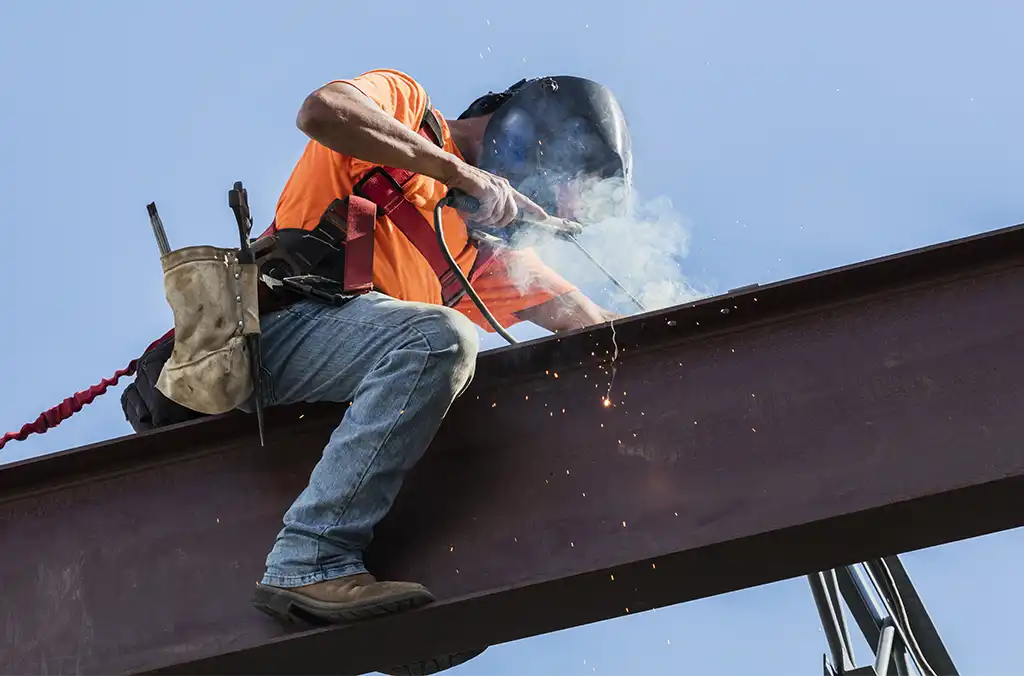- Call Our Bond Experts: 781-559-0568
Supply Bonds
What Are They?
Imagine showing up to a work site to find the supplies you need were never delivered. You’d probably wonder when—or even if—they would arrive. What’s the likely impact on your project schedule? Will you have to switch to another supplier? Will you have any trouble getting your money back? Supply bonds are a type of contract bond that guarantees you won’t find yourself in this situation. These bonds are meant to guarantee the timely delivery of materials specified in a construction contract. They do not, however, cover labor or installation costs.
Learn More
Learn more about Supply Bonds, or contact our experienced surety agents for assistance with any questions you may have.
Request A Quote
At Surety Bond Professionals, we have over 30 years of experience providing construction surety in Massachusetts and nationwide. Simply fill out our online quote form to get started. Request a quote today, and see if we can save you some money on the bonds you need.
